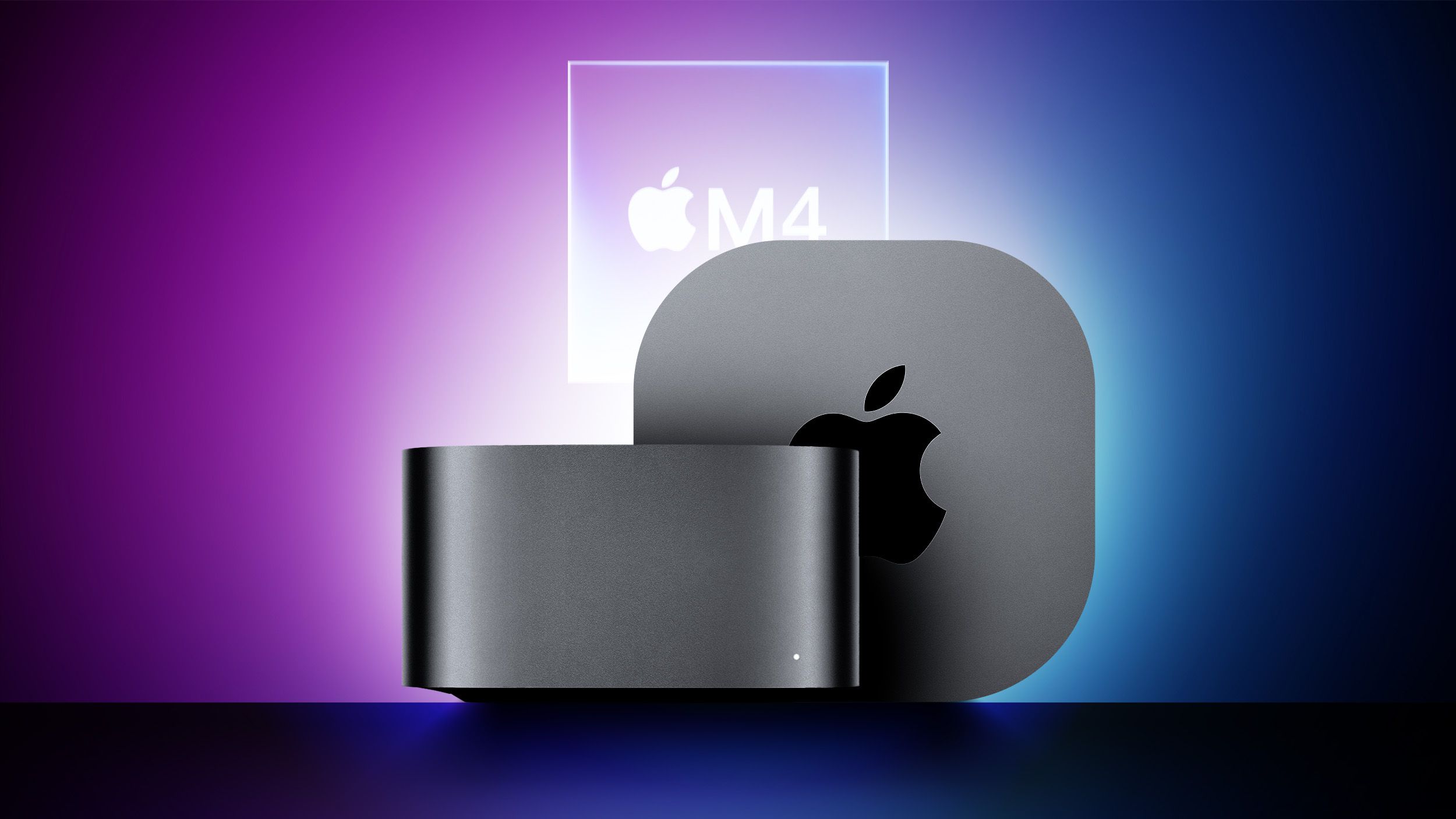The main thing I wonder about though is whether it will just be the MacBook Pro, or if it will be both the MacBook Pro and the MacBook Air. I'm hoping for the latter too though, cuz that's what I want to buy. I have zero interest in the MacBook Pro.
Well, when the M2 came out, the M1 Air was kept as the entry level $999 MacBook. Ditto when the M3 came out - the current entry level MacBook is still the M2 Air. So if history repeats, even if the new M4 Air comes out with 12 or 16GB, the entry-level model will be the current M3 MBA (or, maybe, even the M2 still), probably still with 8G and still a pretty good machine for people who just want something basic - if you're paying $100 extra for the latest Air then you presumably want a bit more than "basic" so 12GB would be reasonable. It would have been reasonable 3 years ago...
As for the Mac Mini (glances at thread topic...) the volume is probably too low (by Apple's standards) to support that sort of product overlap - and it will likely get the same SoC package as one of the MBA or MBP models.
If Apple bother with a M4 Mini (again, glances at thread topic...)
The actual cost of RAM BOM is irrelevant.
It's irrelevant to the upgrade prices. Has been for years, even when the upgrades were bog-standard DDR4 sticks.
Apple will still want to
minimise BOM costs and at some point the smallest RAM chips will become disproportionately expensive through lack of demand. That's one possible reason for the "12GB" iPad Pro as well as the whole half-bandwidth SSD thing with the M2 machines. There are also economies of scale - Apple have to manufacture a different SoC model for each permutation of RAM, GPU cores and CPU cores they offer, which will have expenses. They'd probably reduce costs by only making 16 and 24GB versions of the M4 - but if they can sell enough $200 upgrades to come out on top, that's not going to happen.
The real problem with Apple's base RAM/Storage specs is
not that 8GB/256GB isn't enough for many people's requirements, but that the cost of upgrading for those who
do need more is disproportionate. OTOH, the processing power of the base M1/M2/M3
is more than many people need, and certainly up to some "creative" and development tasks which previously would have been impractical on Airs and low-end MBPs and Minis. It's just that if Apple charged a BOM-plus-reasonable-margin price for these upgrades they'd be a no-brainer bit of future proofing and it wouldn't be
worth producing 8/256 models.
Historically, Apple has been not strongly influenced by Window manufacturer’s configuration choices.
Apple have had a nice honeymoon period with Apple Silicon, which put their power/performance ratio in another league for a while and made it very difficult to compare like-with-like with PC models. That's rapidly coming to a end - Intel and AMD are playing catch up and now MS has really put its weight behind the ARM-based Copilot+ systems, which are a lot more comparable to Apple Silicon (and the next generation will, doubtless, be even closer). They come with 16GB minimum.
The whole M4/iPad Pro launch and much of the WWDC keynote was
strongly influenced by MS's Copilot+ launch. Even if you think that consumer-focussed AI is over-hyped, it's currently being used to sell computers to punters.
Apple have been stuck on 8GB of base RAM on the MBP & iMac for about 10 years (less on the Mini, but that was in limbo from 2014-2018) - which was reasonably competitive vs. Windows at the time, but is getting less defensible with each passing year, as is the $200-per-8GB upgrade rate (which has been in place since at least 2017). Now, the PC market is huge and a bit of reverse-bargain-hunting will always turn up someone advertising a 4/256 PC for $900 the majority of remotely comparable premium "ultrabook" PCs with LPDDR5x RAM or powerful SFFs at Mac-like prices either offer 16/512 as standard or significantly cheaper upgrades.
Which is fine if Apple restrict their target market to committed Apple users and kids who just want the logo to match their phone - but that's "next quarter" thinking which is going to lead to a stagnating and shrinking market. Try to persuade a PC user to switch to, say. a Mac mini and the conversation comes to a grinding halt when they find that getting what they see as a sensible amount of RAM and SSD - 16GB and 1TB - doubles the already-premium price.
Nor can Apple live in a bubble where Mac users act like iPhone users and only run Apple software (or third party skins on Apple frameworks) - even if Apple's AI offerings run fine in 8GB, people are going to want to run stuff from MS, Google etc. which - with 16GB becoming standard for AI apps on Windows - is only going to get more demanding. If a model needs
x GB of RAM on Windows it will likely need
x GB of RAM on MacOS.


